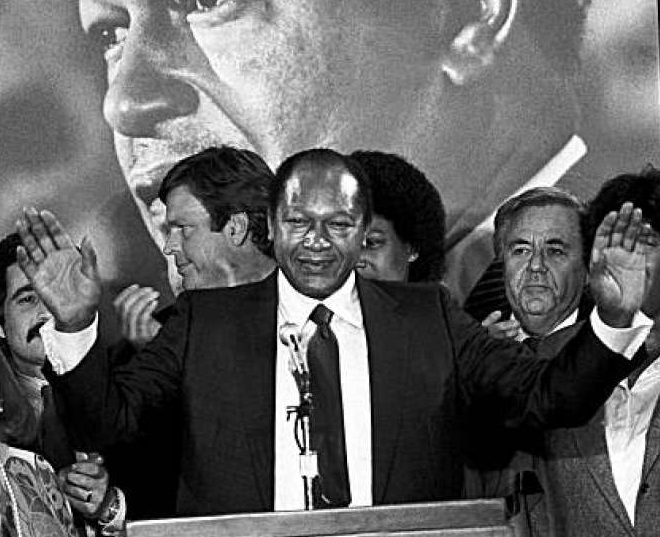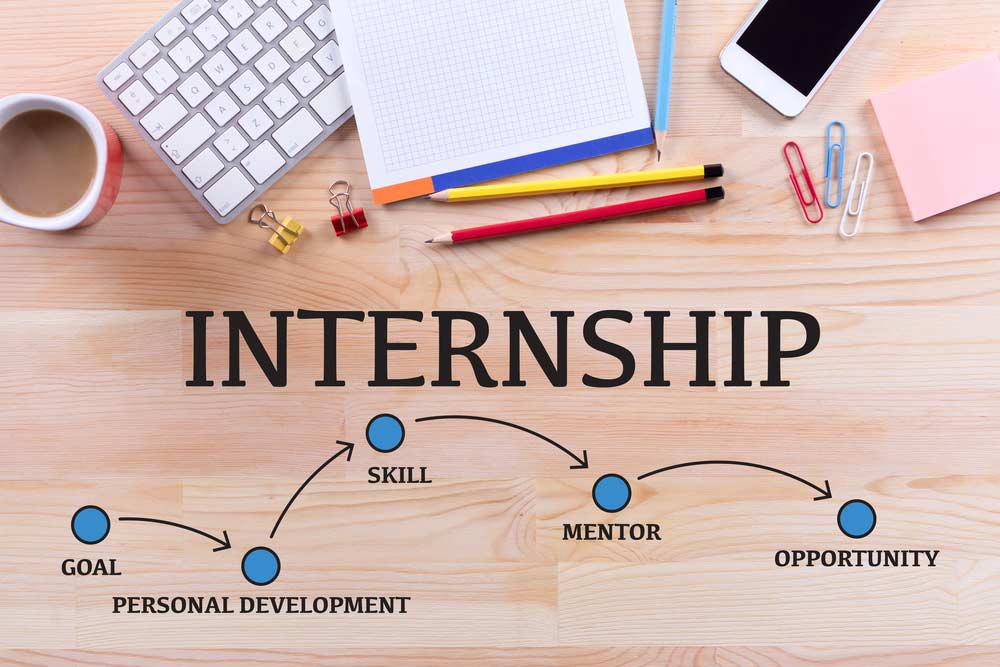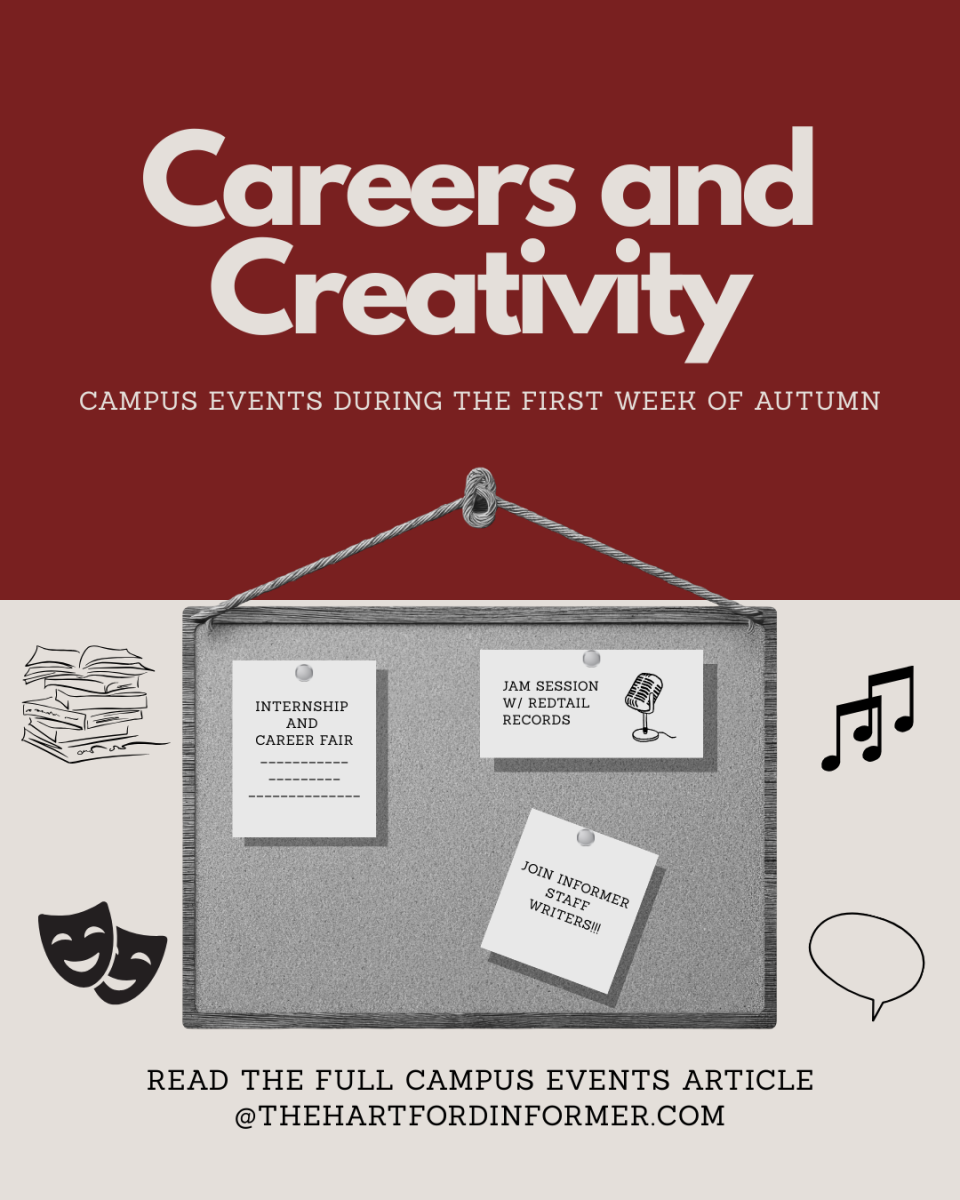The Bradley Effect is Important.
September 30, 2020
The year is 1982, the Los Angeles Mayor Tom Bradley is waiting for the results of the California Governor’s race. He is running against George Deukmejian. In the final few days before the election, Bradley has such a sizable margin in the polls that numerous media outlets come out with Bradley as the projected winner. However, on the day of the election, Deukmejian narrowly wins the governor seat. There is a crucial description of Bradley that has been left out. He is an African American. While most white voters in the polls had selected Bradley as their candidate of choice. On election day, most white voters went with Deukmejian.
The reason for this shift was not entirely racism itself but rather a fear of being labeled racist. A small sample size was asked why they swapped their votes and responded that they did not want to seem racist during polling with individuals they knew in their community. They disagreed with Bradley’s policies but wanted to appeal to social desirability to assume their community held as a standard. Thus, the Bradley Effect was formed. Initially, the main contributor was race. Not wanting to be called a racist played a part in quite a few elections leading up to the 20th century. That was true until the presidential election of 2016.
The Bradley Effect was alive and well, but this time for a different reason, not wanting to be labeled sexist. Senator Hillary Clinton was the first woman to run successfully and achieve a party nomination. She was running against Donald Trump, a businessman with no real political experience but a strong focus on economic growth. Although there were numerous reasons why the election turned out the way it did, undoubtedly, the Bradley Effect played a role. This time was for a much more terrifying reason, the snowballing of multiple insults. To the opposing party, being a trump voter means getting labeled a misogynist, racist, and homophobic despite the reasons you may support the candidate or disapprove of the other candidate.
Why would someone poll their support to a candidate if it is sure to be followed up with a series of insults regardless of their actual beliefs? Quite simply, they would not. They would lie in the polling, switching their support shown to Clinton. Alternatively, even in some cases, they might support a candidate who has already lost the race, such as Bernie Sanders. When their opinion mattered and was anonymous, they would vote as they believed and support their candidate of choice. This is not a one-sided issue either. Some Clinton voters in more conservative communities would be polled as a Trump supporter and then vote for Clinton. This is what lead to such a different election result in contrast to the polling leading up to an election.
This sentiment is more important than ever in one of the most controversial and highly contested presidential elections this nation has ever seen. Ask yourself, have you ever assumed someone’s character because of their political viewpoint? I know I have. Why should people be scared to state their opinion in a country where free speech is such a central principle? In times as how it is today, it is more important than ever to hear out not only our friends but our enemies, and you might be surprised to hear what they have to say.










